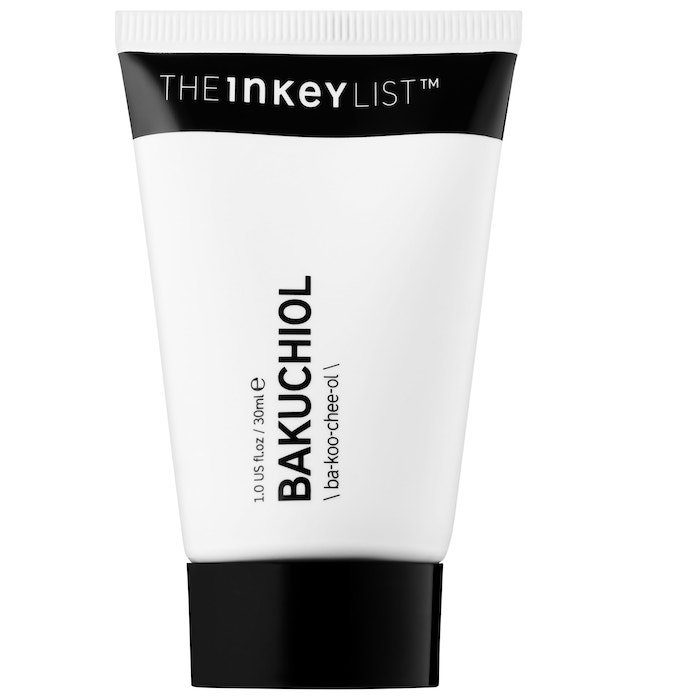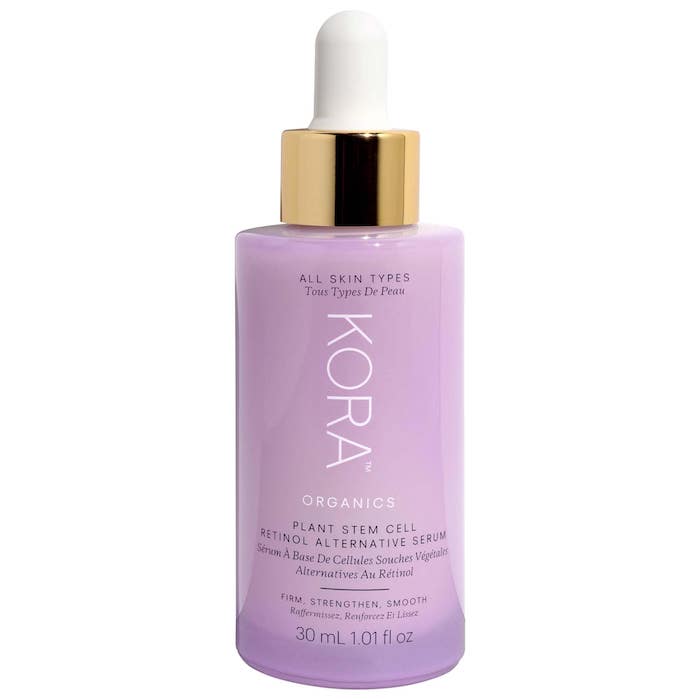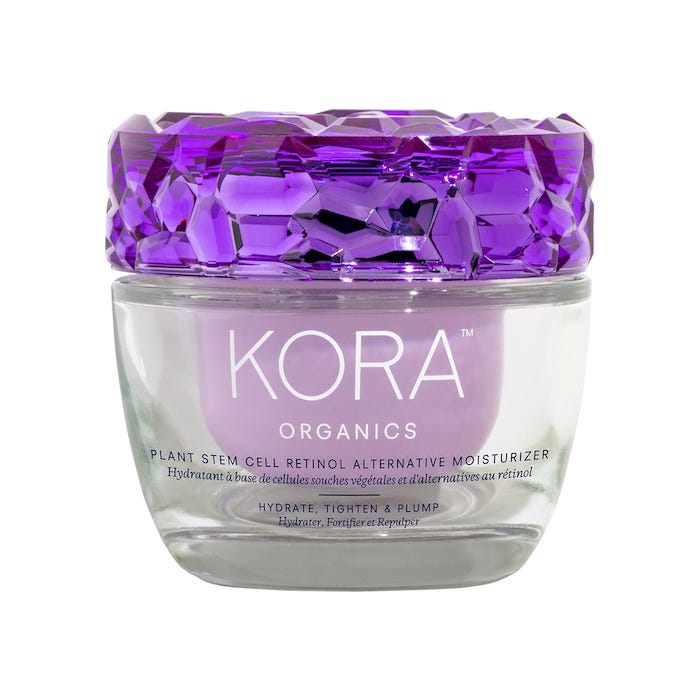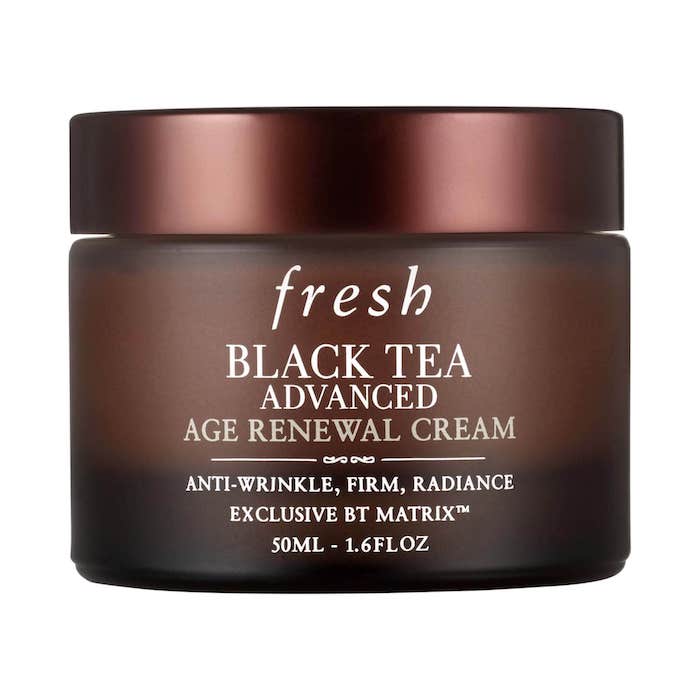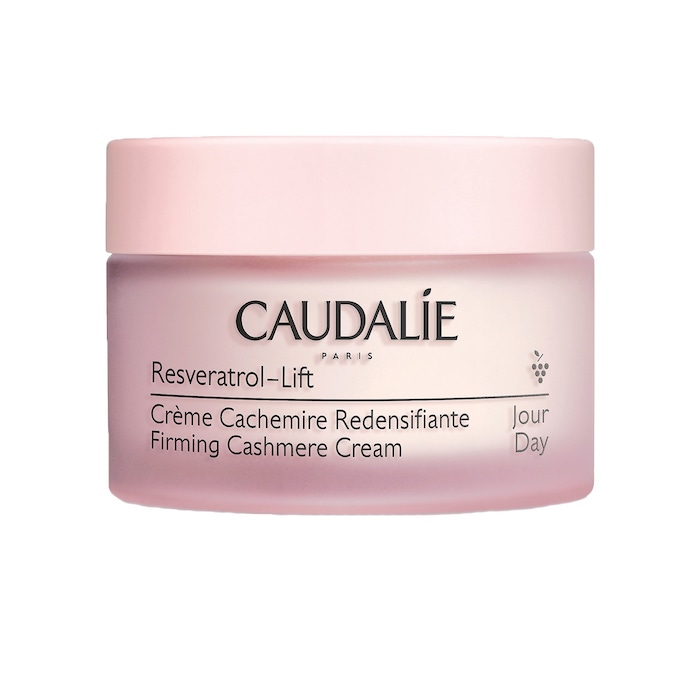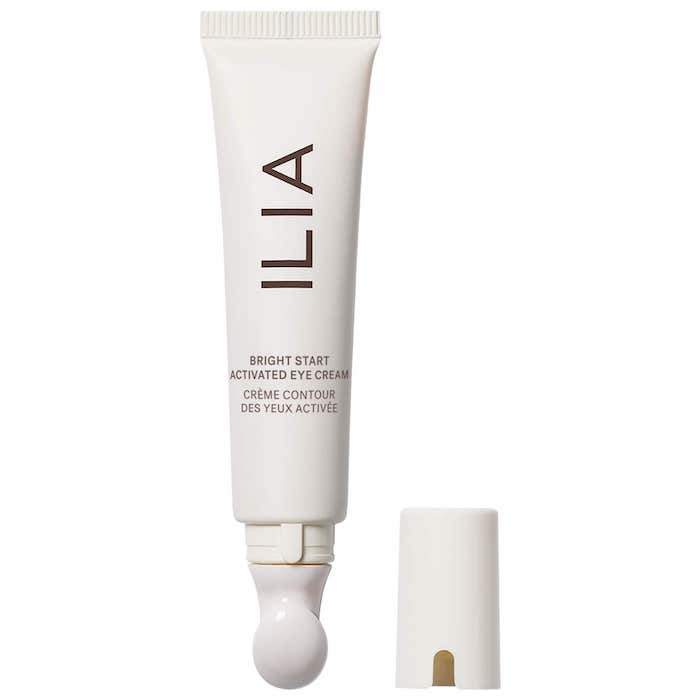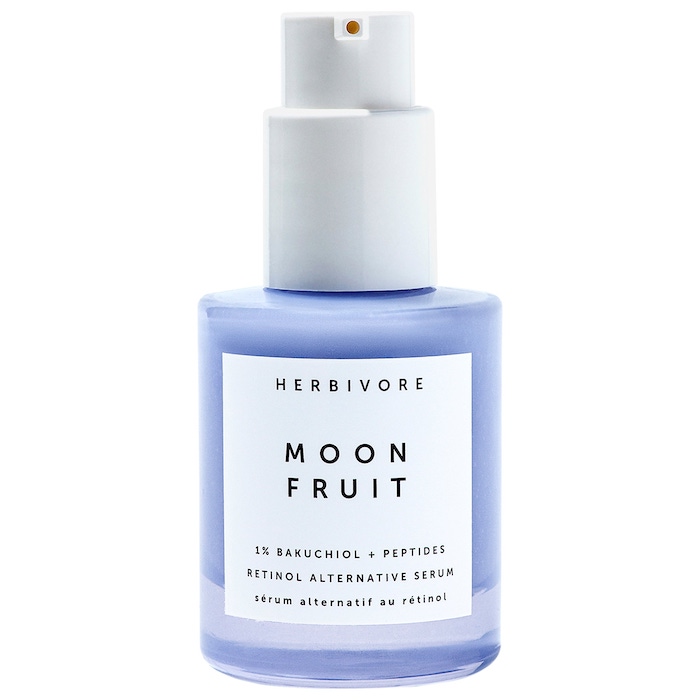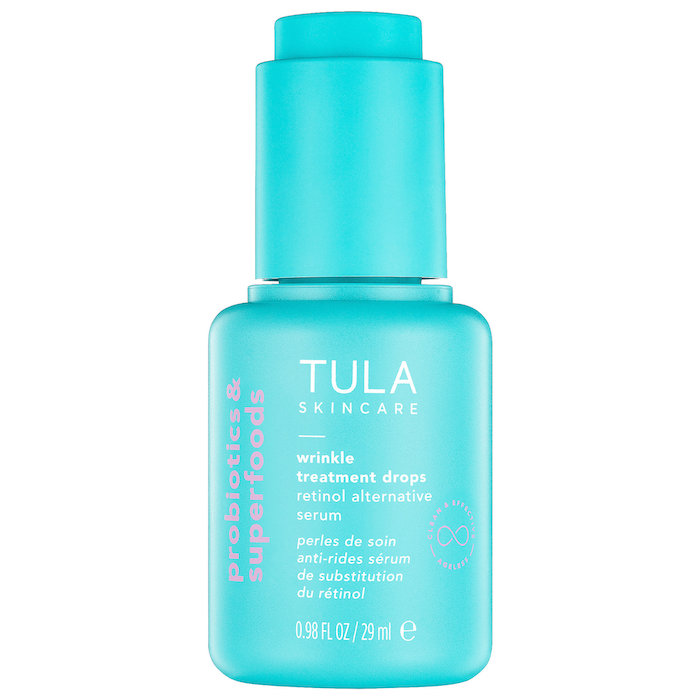Retinol Alternatives Are Trending, But Are They Just as Effective? I Got Answers

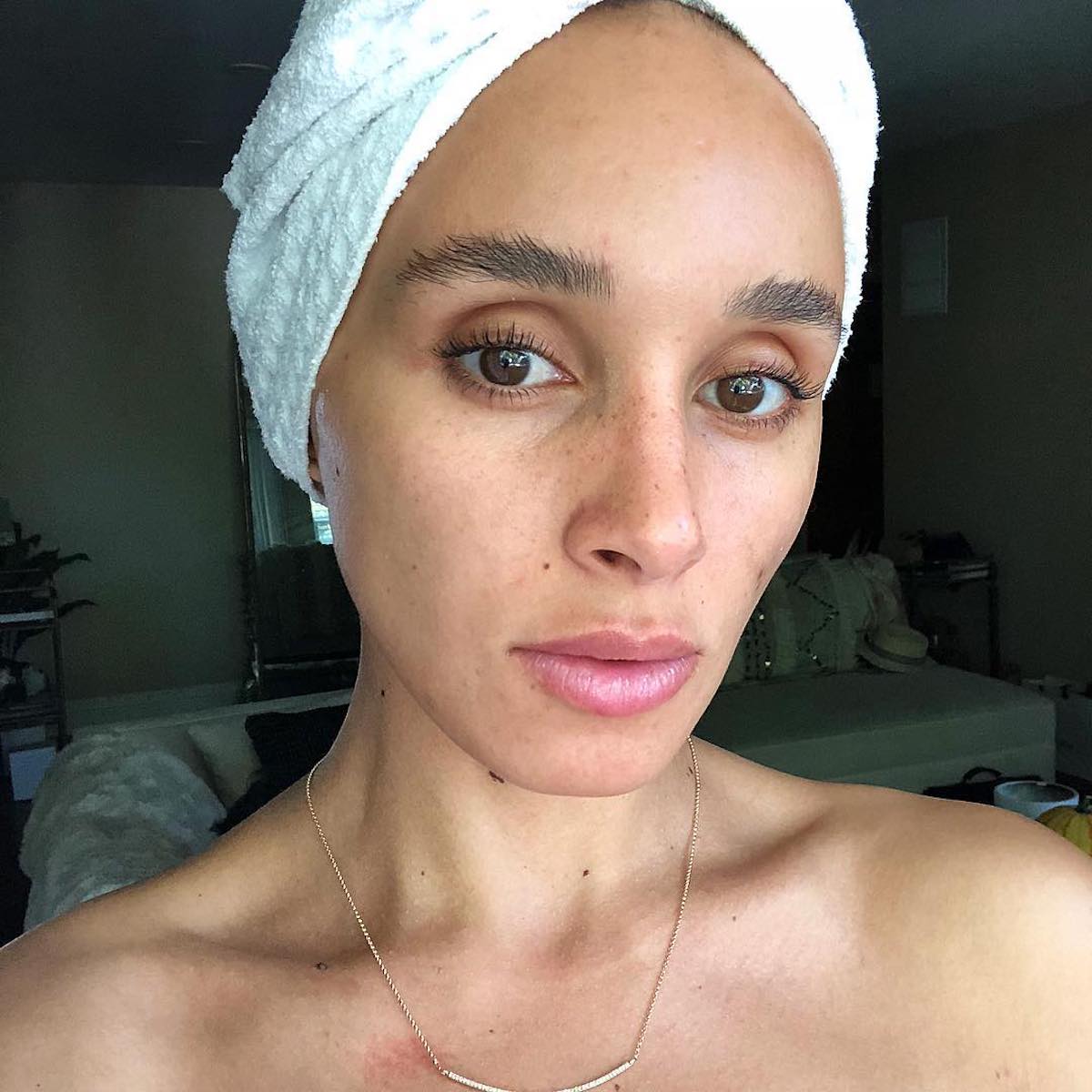
For years, retinol was considered the gold-standard skincare ingredient. Experts recommended it to tackle all kinds of skin concerns—everything from dullness to discoloration, rough texture, wrinkles, and more. To many people, it's still the gold standard. However, there's a new class of ingredients that are giving it a run for its money. Why? It's simple. They claim to offer all the benefits of retinol without any of the negative effects like dryness, redness, and irritation.
This class of ingredients is referred to simply as "retinol alternatives," and they're trending like never before. In fact, many of our favorite skincare brands are formulating new retinol-alternative products using unique combinations of these ingredients. While there's certainly a lot of hype surrounding these products, we have to wonder… Are they really as effective and well-researched as good old retinol? Ahead, let's find out from a top dermatologist.
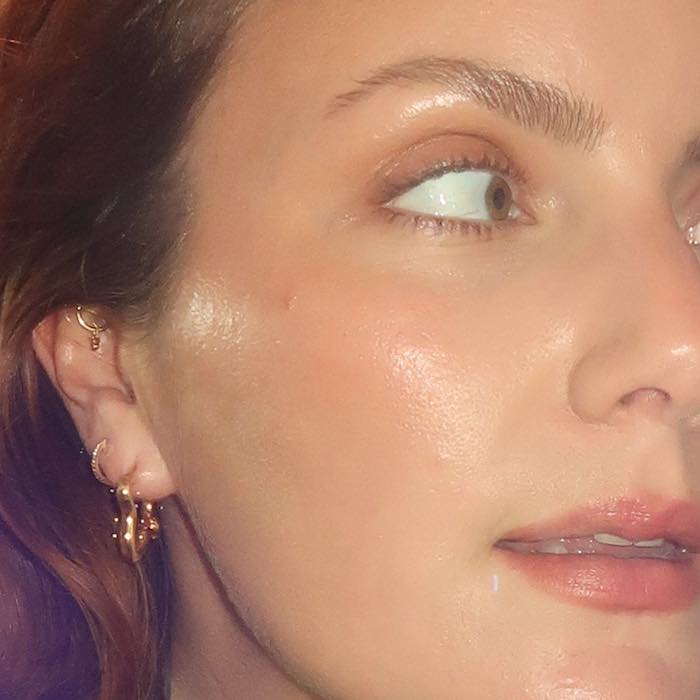
Stacey Tull, MD, is a board-certified dermatologist. She says, "Retinols are vitamin A derivatives that help promote healthy skin turnover but can often be irritating, especially in the dry winter months. Retinol alternatives also help to stimulate healthy skin production but do so more gently."
In other words, yes, retinol alternatives are effective, but that doesn't mean you necessarily have to swap your go-to retinol serum out for one. Like all things skincare related, it depends on your unique skin type and goals. If you're dealing with sensitive skin, though, retinol alternatives are generally your best bet. "Everyone's skin is different, so for many people, retinol alternatives may be as good as or better than the real thing," Tull says. "For some, retinol may be fine most of the year, but they may need to use a gentler formulation in the winter. Anyone with dry or sensitive skin will likely prefer a retinol alternative." They're also recommended for people who are pregnant or breastfeeding and, as such, can't use retinol.
The consistency of use is something else to consider when deciding between retinol and retinol alternatives. "While retinols are inactivated by the sun and should only be applied at night, better results are achieved with twice-daily dosing of retinol alternatives," Tull says.
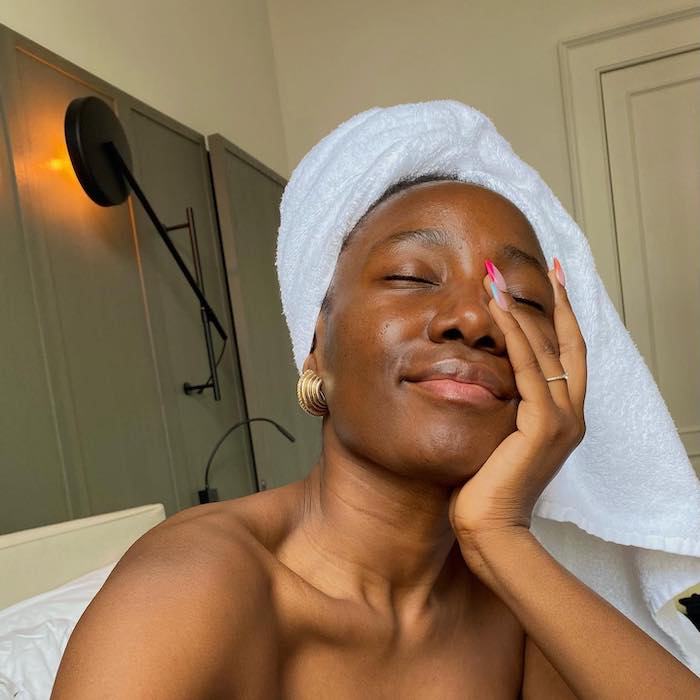
Remember, retinol alternatives are a class of ingredients, meaning there are many. Any ingredient that promotes cellular turnover or offers a similar benefit as retinol can technically be crowned with the title "retinol alternative." To help cut through the noise, we asked Tull to provide a crash course in some of the most popular ones.
Alfalfa: Tull says this is a plant-based ingredient with strong antioxidant properties.
Azelaic Acid: Tull says that azelaic acid is similar to retinol, in that it first appeared as a prescription-only treatment for acne but is now readily available over the counter. It's her favorite retinol alternative because it's incredibly effective at targeting signs of aging and uneven skin tone.
Bakuchiol: Perhaps the most popular retinol alternative on the market, this ingredient is plant-based and functions as an antioxidant. Tull says it "has similar efficacy" as retinol. It can stimulate cell turnover without causing excess irritation.
Niacinamide: Tull says this ingredient is often used in retinol-alternative products because it offers myriad benefits that are similar to those offered by retinol. She says it can boost collagen, target acne, and address skin discoloration.
Shop Derm-Recommended Azelaic Acid Products
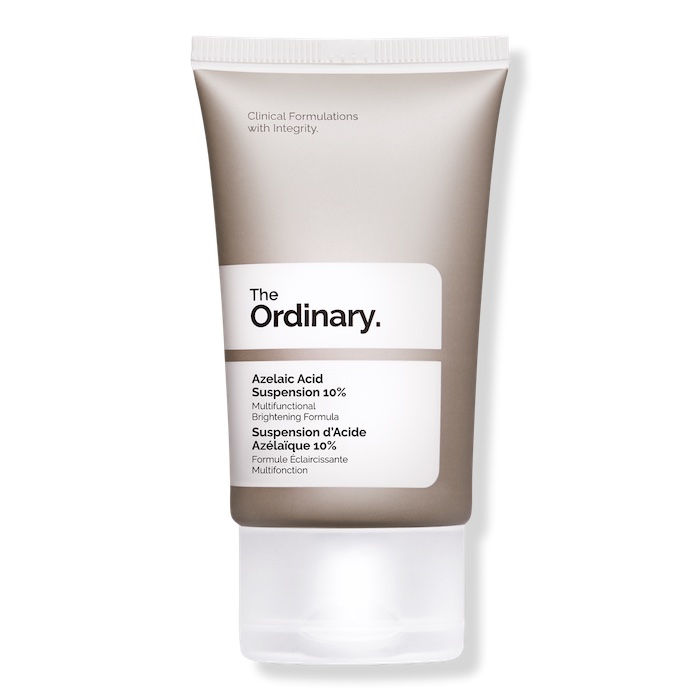
Tull says prescription-strength azelaic acid has been FDA approved since 2002 and is effective at 15%. "There are many good over-the-counter products that are still very effective at 10%," she adds. She specifically recommends this lightweight cream to improve dullness and smooth uneven skin tone and texture.
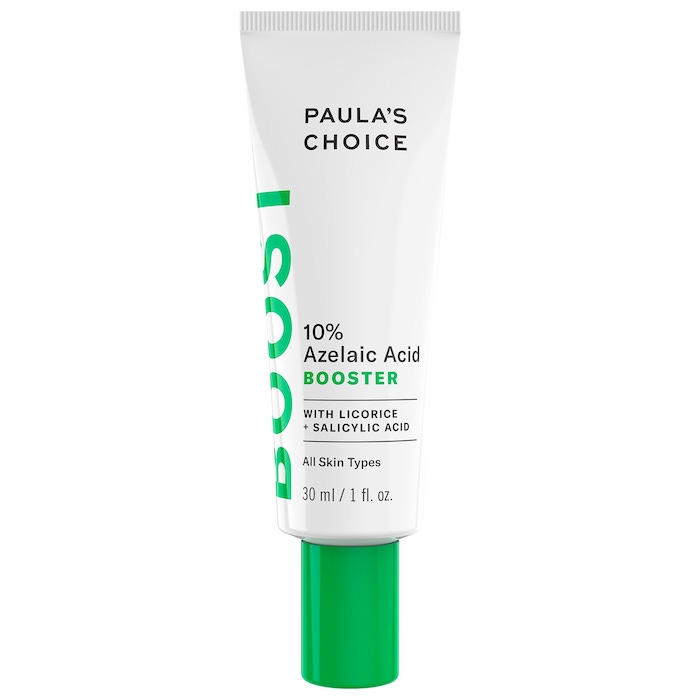
She also recommends this 10% Azelaic Acid Booster. The lightweight cream-serum hybrid combines azelaic acid with salicylic acid and licorice-root extract to target redness, uneven texture, and blemishes. Use it alone or mix it with your favorite serum or moisturizer to reap the benefits.
Shop 10 More Retinol Alternatives
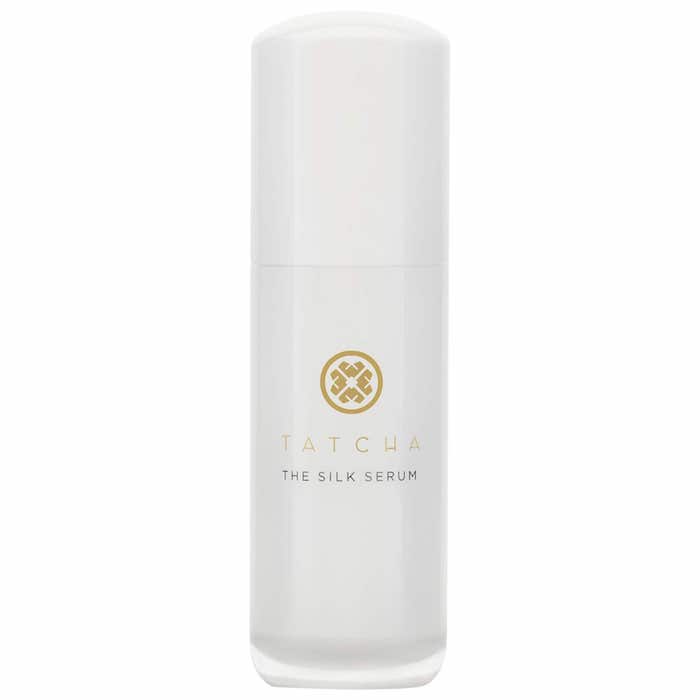
This retinol alternative strengthens the skin barrier while smoothing wrinkles and firming the skin. It's all thanks to ingredients like upcycled cranberry extract, silk protein, and sea fennel. The latter stimulates cell turnover like retinol.
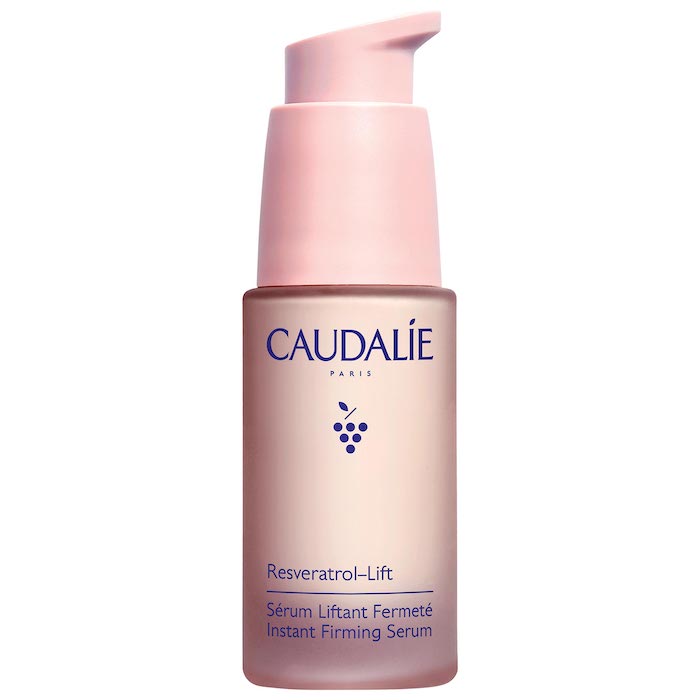
The retinol alternative used in this serum is resveratrol, a powerful antioxidant that firms the skin and reduces the appearance of lines and wrinkles. Pair that with hyaluronic acid and vegan collagen and you've got a firming, plumping powerhouse.
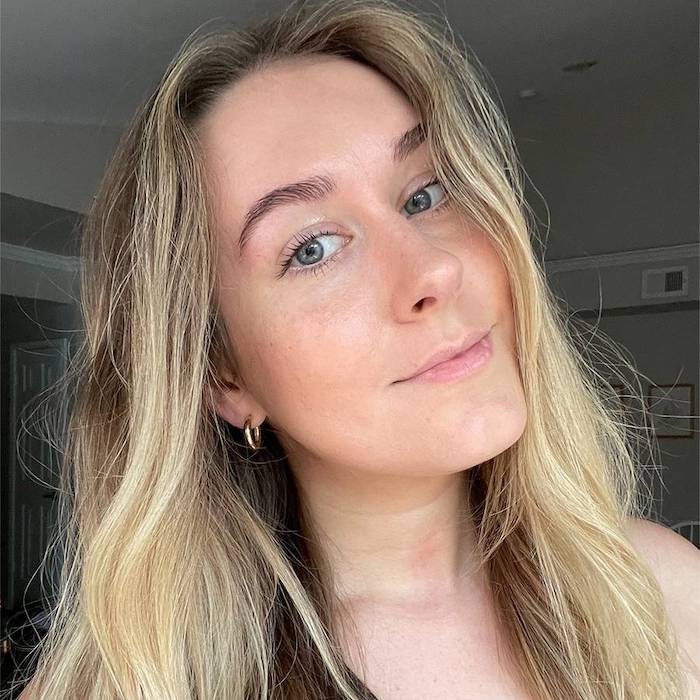
Kaitlyn McLintock is a Beauty Editor at Who What Wear. She has 10 years of experience in the editorial industry, having previously written for other industry-leading publications, like Byrdie, InStyle, The Zoe Report, Bustle, and others. She covers all things beauty and wellness-related, but she has a special passion for creating skincare content (whether that's writing about an innovative in-office treatment, researching the benefits of a certain ingredient, or testing the latest and greatest at-home skin device). Having lived in Los Angeles, California, and Austin, Texas, she has since relocated back to her home state, Michigan. When she's not writing, researching, or testing beauty products, she's working through an ever-growing book collection or swimming in the Great Lakes.
